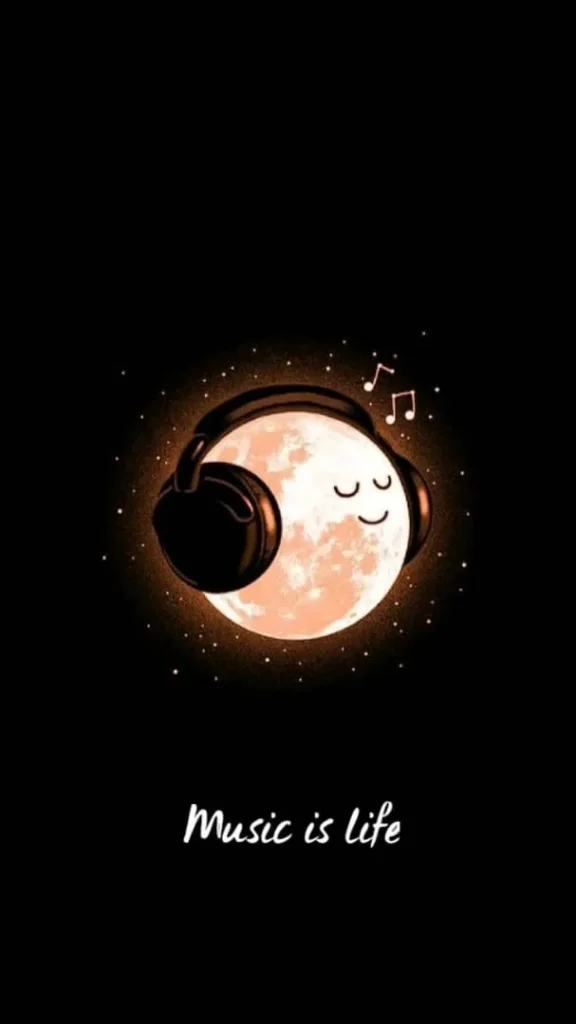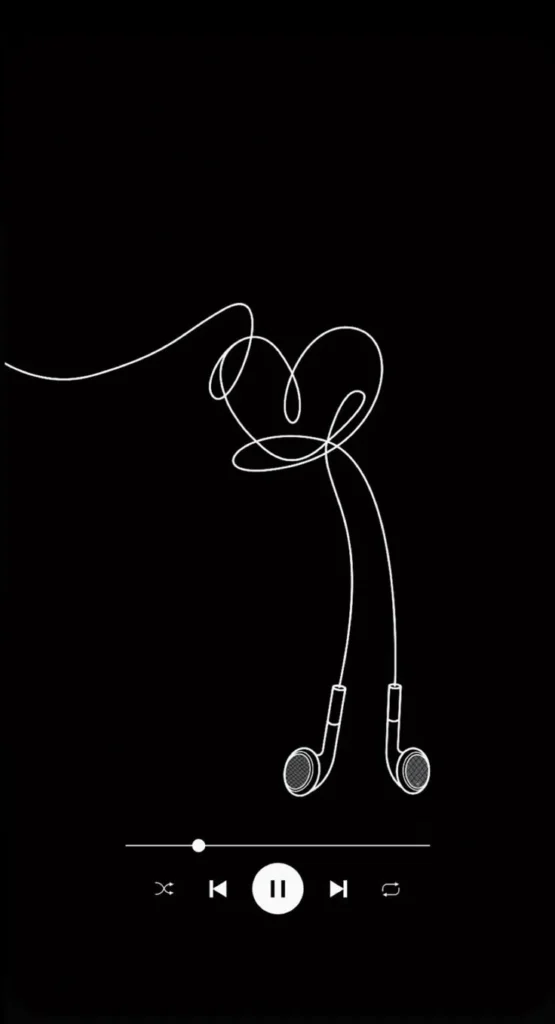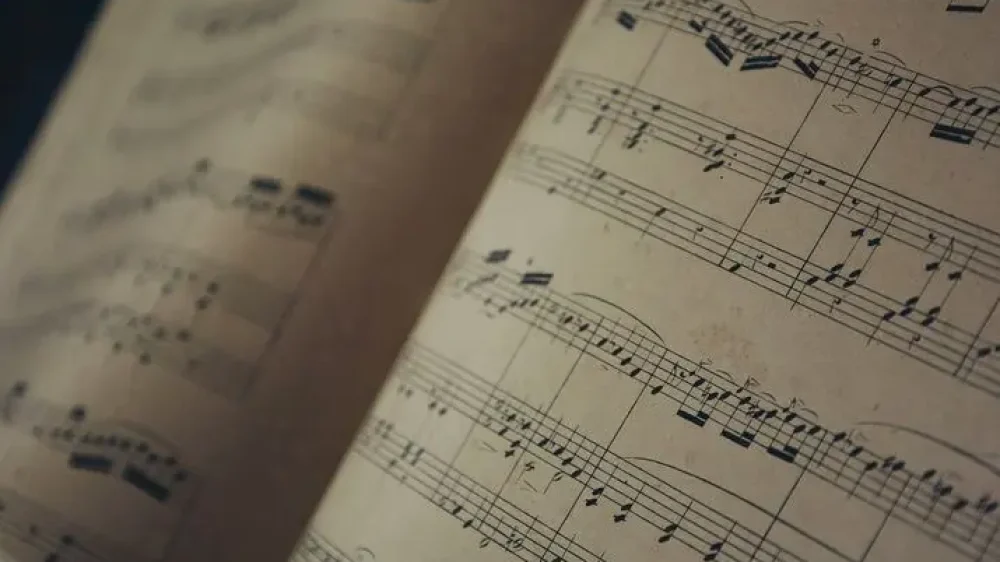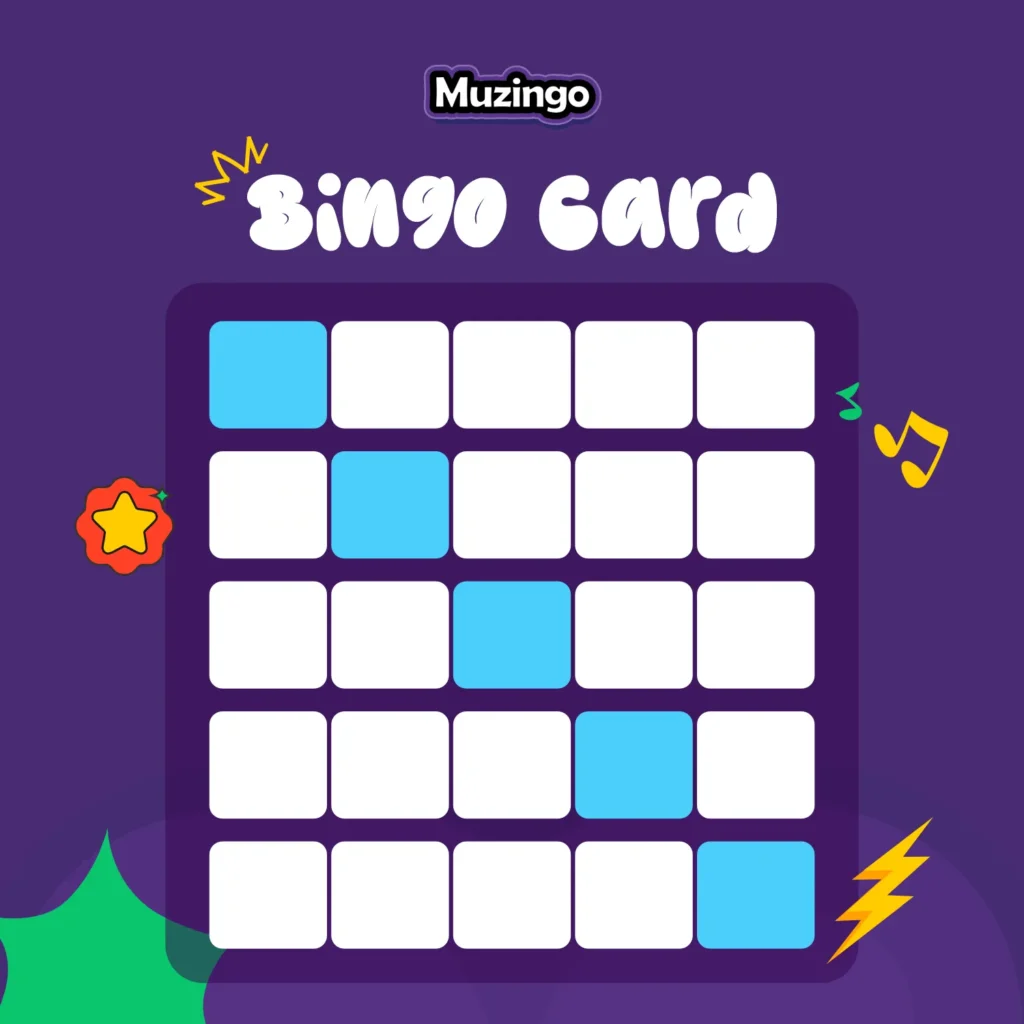
Image by Flora Andrade on Pinterest
Music has never just been about sound, it’s always been about meaning.
For many of us, music is the antidote for emotion when words fail.
It has and still plays a substantial role in protest anthems that fueled civil rights movements and love ballads that celebrates love.
Music culture is that invisible thread that ties people, places, and memories together.
Today, music travels across borders instantly, thanks to streaming platforms, and this has shaped how we connect with one another, how traditions evolve, and even how we see ourselves as communities.
So, what exactly is music culture, and why does it matter now more than ever? Let’s take a deep dive.
RELATED BLOG POSTS
- How to Host a Spooky Halloween Music Bingo Night in 2025
- How to Play Music Video Bingo like an Expert
- 5 Proven Ways Your Bar or Club Can Host a Profitable Music Bingo Night
- 10 Steps to a Successful Music Bingo Fundraiser
What is Music Culture?
At its core, music culture is the way music reflects, influences, and becomes part of the identity of a society or community.
It’s not only about the songs we hear but also the rituals, events, and values tied to them.
Think about gospel choirs in churches, jazz clubs in New Orleans, or Afrobeat rhythms in Lagos, each is a cultural ecosystem where music is more than entertainment; it’s a language of belonging.
A good example is the rise of hip-hop. What started as block parties in the Bronx in the 1970s has grown into a global cultural force that influences fashion, slang, and politics across continents. That’s music culture at work.
Why Music Culture Matters

Image by Maryn Lomax on Pinterest
Music culture matters because it’s not just art, it’s social glue. Here’s why it plays such a vital role today:
Take Your Game Nights to the Next Level
Muzingo is a fun game where players listen to music tracks and match them to bingo cards — competing to win prizes with friends.
Play Muzingo FreeNo Card Required
- It Preserves Identity: Traditional music helps communities maintain a sense of heritage. For instance, Native American powwow songs or Irish folk music connect modern generations to their roots.
- It Builds Community: Large-scale events like Coachella, the biggest music festival in the United States, bring together hundreds of thousands of people who may have nothing else in common except a love for sound and performance.
- It Drives Change: Music often mirrors social issues. Bob Dylan’s protest songs in the ’60s or Burna Boy’s Afro-fusion hits addressing African politics show how music becomes a cultural megaphone.
- It Shapes Emotions and Behavior: Studies show that music affects culture at a psychological level, influencing moods, boosting memory, and even shifting how people interact socially.
Music Culture in Action: Examples from Around the World
- K-Pop in South Korea – What began as a local industry has become a global pop phenomenon. Fans worldwide learn Korean, join fan clubs, and even travel for concerts. This is music culture influencing lifestyle.
- Afrobeats in Nigeria – Once underground, Afrobeats now dominates global charts and festivals. Artists like Wizkid and Davido bring Nigerian music culture into mainstream spaces, showing how local sound can shape global trends.
- Country Music in the U.S. – More than a genre, country music represents a lifestyle of storytelling, small-town values, and deep American roots. Its festivals and radio stations build entire cultural networks.
How Music Culture Evolves with Technology

Image by NAIL ART on Pinterest
Music culture isn’t static. The shift from vinyl to Spotify reshaped how people experience music.
Instead of gathering around live bands or radio shows, people now share playlists and attend virtual concerts.
Online communities such as a music culture club on platforms like Reddit or Discord have become new spaces where fans discuss, debate, and create cultural meaning together.
Games like Muzingo also show how interactive digital experiences can blend music, fun, and social bonding. For example, you can host a music bingo game at home with friends, using playlists from your favorite culture, whether it’s gospel, Disney classics, or hip-hop.
How to Explore Music Culture Yourself
- Attend Festivals: If you want to experience music culture firsthand, festivals are the best place. From Glastonbury in the UK to Coachella in the U.S., festivals are microcosms of community, fashion, and art.
- Start a Music Bingo Night: Create your own interactive cultural experience by making themed bingo cards. Here’s a guide on how to create bingo cards from scratch.
- Join Online Communities: Fan clubs, Discord servers, or even TikTok music trends are spaces where music culture grows daily.
- Learn the History: Dig into the roots of genres you love. Understanding the story behind the sound helps you see its cultural power.
FAQs About Music Culture
1. What is the difference between music and music culture?
Music is the art form itself: the song, rhythm, or sound. Music culture is the context: how people use music, celebrate it, and embed it in their lives.
2. How does music affect culture?
Music influences how people dress, speak, celebrate, and even protest. For example, hip-hop fashion and slang spread globally because of music culture.
3. What role do festivals play in music culture?
Festivals like Coachella or Tomorrowland bring together massive communities, creating spaces where culture is expressed through not just sound but art, fashion, and collective memory.
4. Is music culture the same everywhere?
No. Every region has its own music culture, shaped by history, language, religion, and lifestyle. However, globalization and technology allow cross-pollination between them.
Music culture is the heartbeat of society, it tells our stories, holds our history, and even predicts our future.
From the biggest music festivals in the United States to local gospel choirs in Nigerian churches, music is more than what we listen to; it’s who we are.
So, here’s a question for you: What part of your life story could never be told without the soundtrack behind it?


